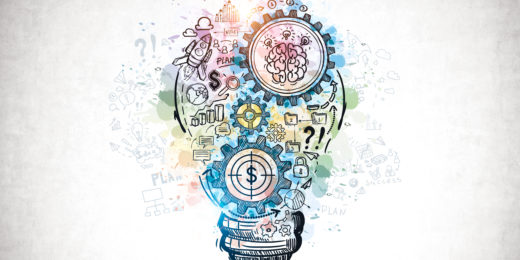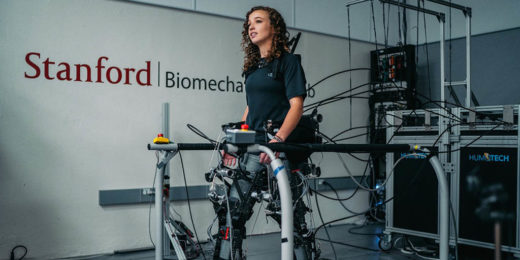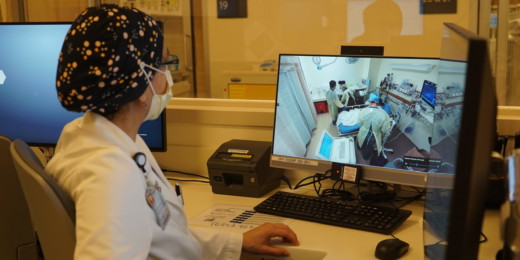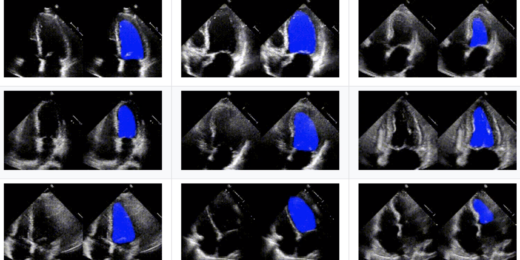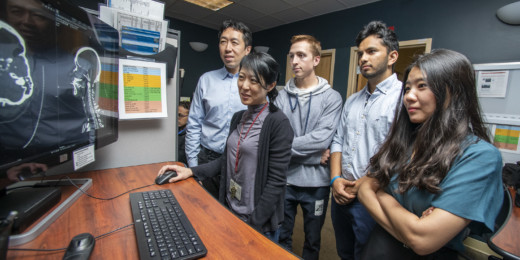Researchers at Stanford Medicine are putting together a guide for principled implementation of artificial intelligence in health care.
Category: Artificial Intelligence (AI)
Finding patterns of success across 50 years of innovation
Researchers conducted a study to look back at 50 years of innovation, tracking how trends in technology have changed.
Training physicians and algorithms in dermatology diversity
Researchers are addressing bias in algorithms that detect dermatology diseases by adding more diverse skin tone images to data sets.
Using AI to find disease-causing genes
Researchers are using a new artificial intelligence-based program to help identify genes that underly diseases.
Bringing principles of ethics to AI and drug design
Researchers discuss the need for ethics and its integration into research projects that harness artificial intelligence.
Addictive potential of social media, explained
Stanford psychiatrist Anna Lembke’s book, Dopamine Nation, explains our brain chemistry's role in modern society's addiction to social media.
To benefit diverse groups, AI must address bias, researchers say
Steps must be taken to prevent bias in sex, gender and race in health data gathered using artificial intelligence, Stanford researchers write.
AI tool created to guide colorectal cancer care with more precision
Scientists have created an AI tool to help doctors more precisely choose colorectal cancer treatments that will work best on individual patients.
AI researchers explore solutions for real-life health challenges
A device to prevent falls and another to better diagnose people with developmental disorders are among the AI projects funded under a new grant program.
AI predicts effective depression treatment based on brainwave patterns
Tracking brainwave patterns and symptoms in patients with depression, researchers used artificial intelligence to predict best treatment options.
Here’s how technology is helping residents during the COVID-19 pandemic
Technology has made it possible for Stanford Medicine residents to continue learning and caring for patients safely during the COVID-19 era.
Algorithm helps detect heart abnormalities
Researchers are using artificial intelligence to detect abnormalities in the heart through an algorithm that assesses the rate that a heart pumps blood.
When AI is watching patient care: Ethics to consider
Ethical and legal issues accompany the potential benefits of using computer vision-based ambient intelligence in health care.
Close calls: How AI could improve breast tumor diagnosis
In this episode of "The Future of Everything," host Russ Altman and guest Ross Shachter discuss how AI can help radiologists with diagnosis accuracy.
Stanford faculty reminisce about their college summers
Stanford Medicine faculty Audrey Shafer and Mary Hawn shared experiences from their memorable college summers with Stanford News.
Artificial intelligence tool helps find brain aneurysms
Stanford researchers have designed a new AI tool to help clinicians identify brain aneurysms. HeadXNet is designed to work with, not replace, radiologists.



